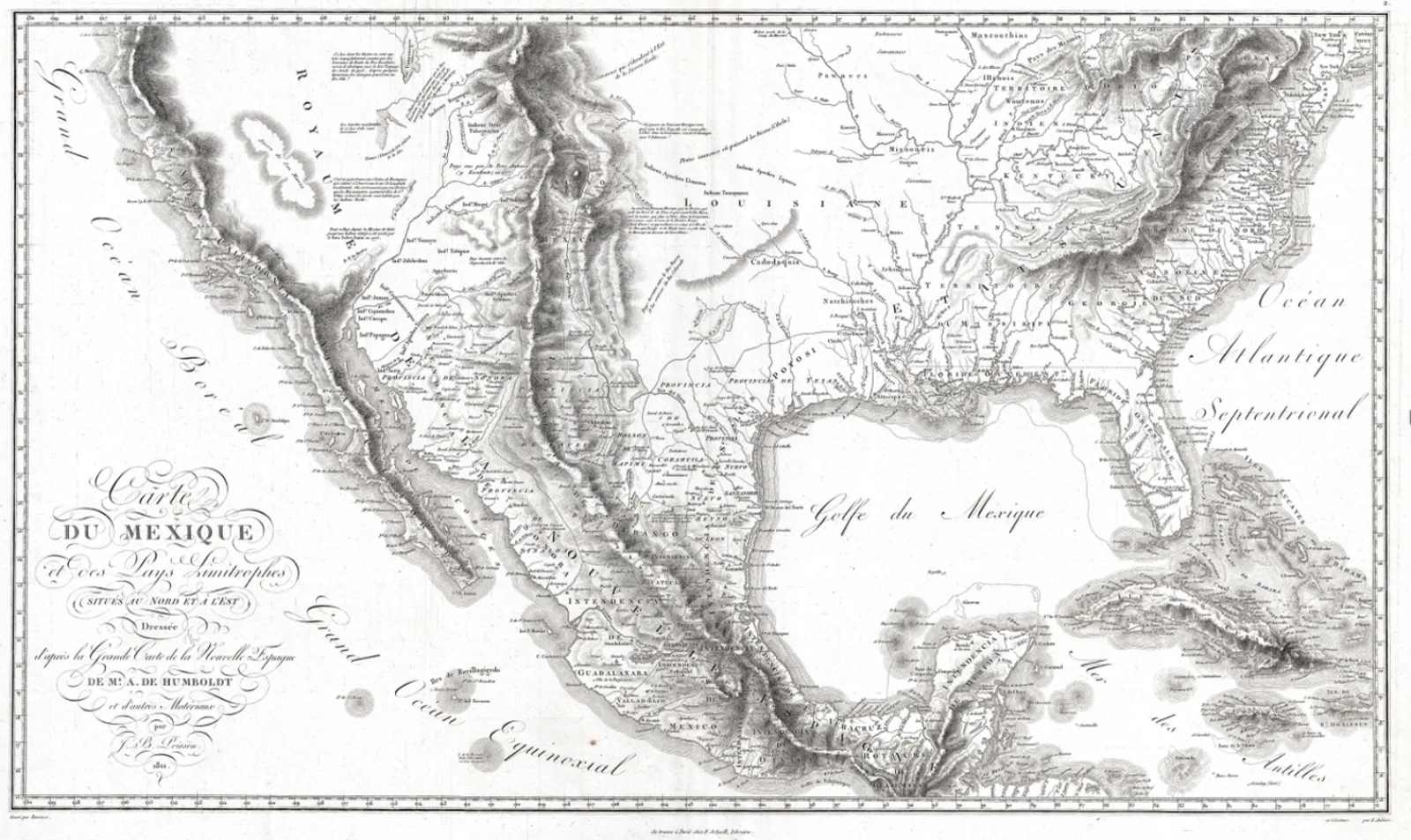Description
The renown of Prussian polymath Alexander von Humboldt was consolidated through a series of popular books describing his 1799–1804 expedition in the Americas—often described as the “second discovery” of the continent. His contributions, deeply informed by the Age of Exploration and European Enlightenment, spanned the burgeoning disciplines of physical geography, botany, meteorology, ethnology, and many others. This graduate seminar critically examines the complex relationship between the intellectual and scientific explorer and the longer construction of the Americas from 1492 to the end of the eighteenth century. Through an in-depth exploration of Newberry holdings, the seminar will challenge traditional narratives surrounding discovery, exploration, and legacy to recontextualize Humboldt’s overall influence. The insights gained from this seminar will play a key role in shaping an upcoming exhibition at The Newberry, offering unique and new curatorial opportunities to influence the presentation of Humboldt’s legacy.
Learn more about the instructor, Emmanuel Ortega.
Schedule and Format
The seminar will consist of six meetings on Zoom and two in-person meetings that will take place over two days. Unless otherwise noted, meetings will take place from 12-3 pm.
October 1 - Zoom
October 8 - Zoom
October 15 - NO CLASS
October 22 - In-person at the Newberry
October 23 - Field Museum (morning TBA)
October 29 - Zoom
November 5 - Zoom
November 12 - Zoom
November 19 - Zoom
December 3 - In-person at the Newberry
December 4 - In-person at the Newberry (morning TBA)
